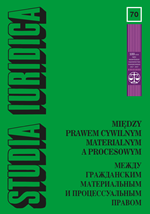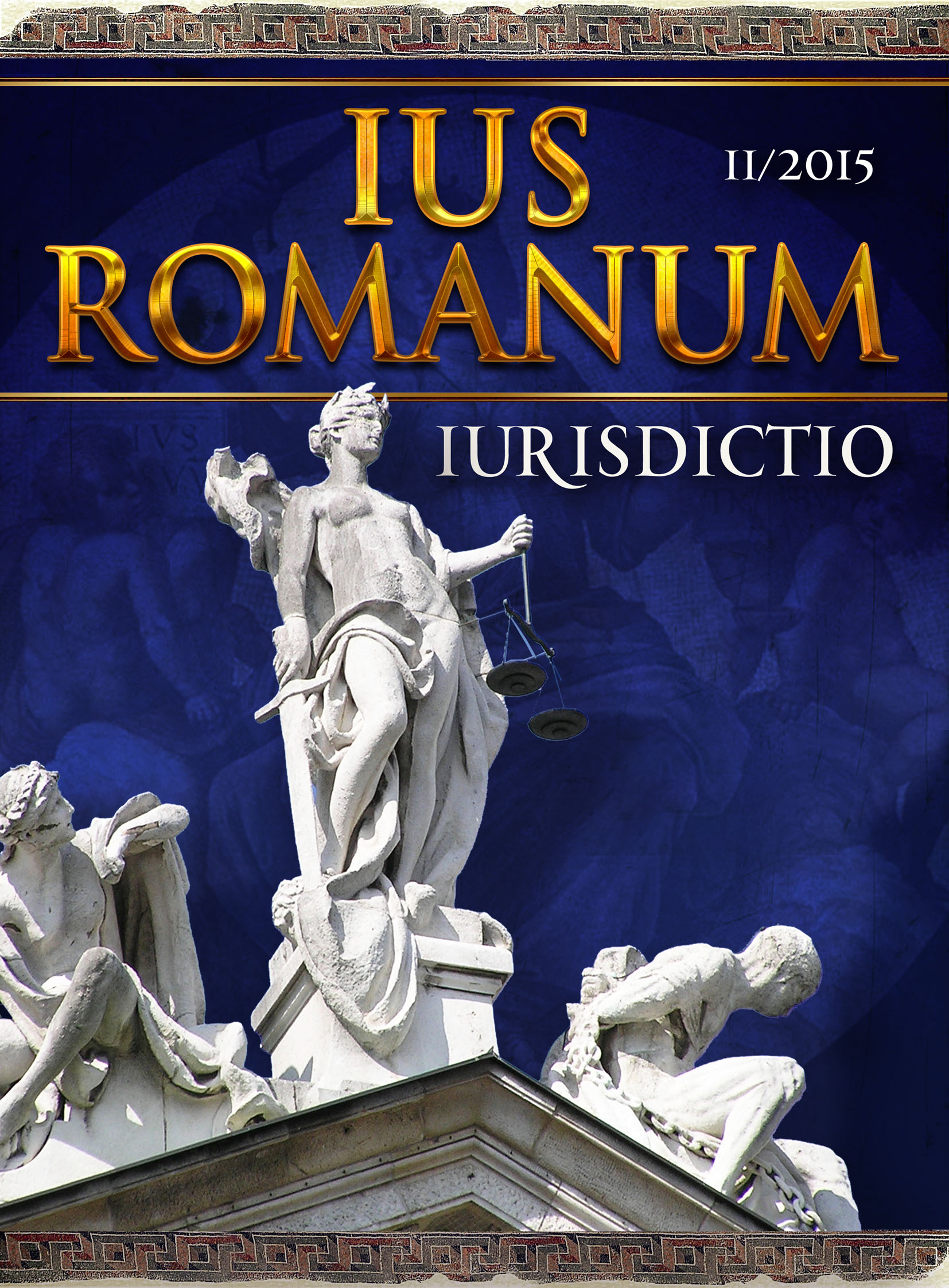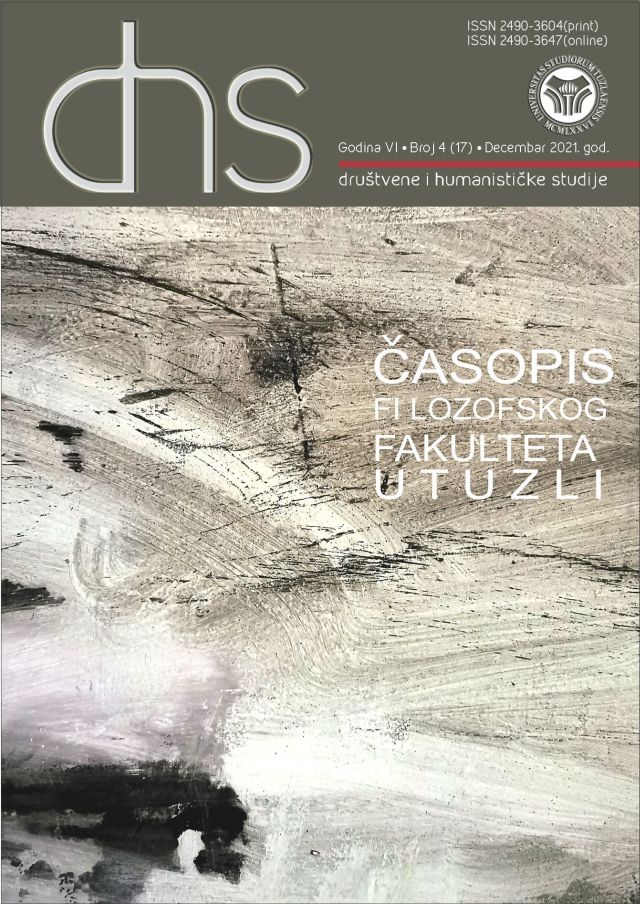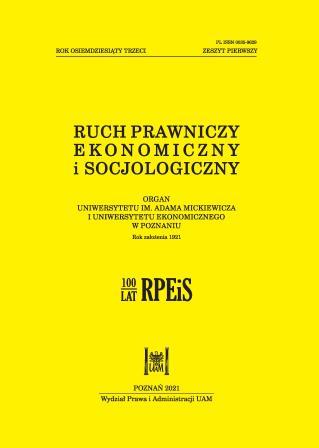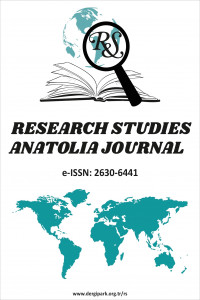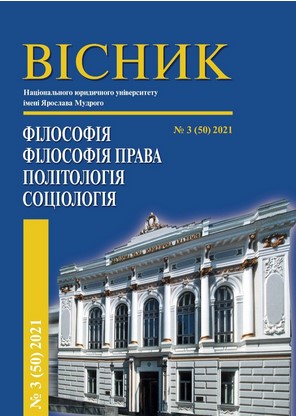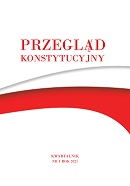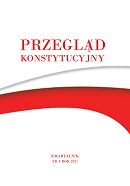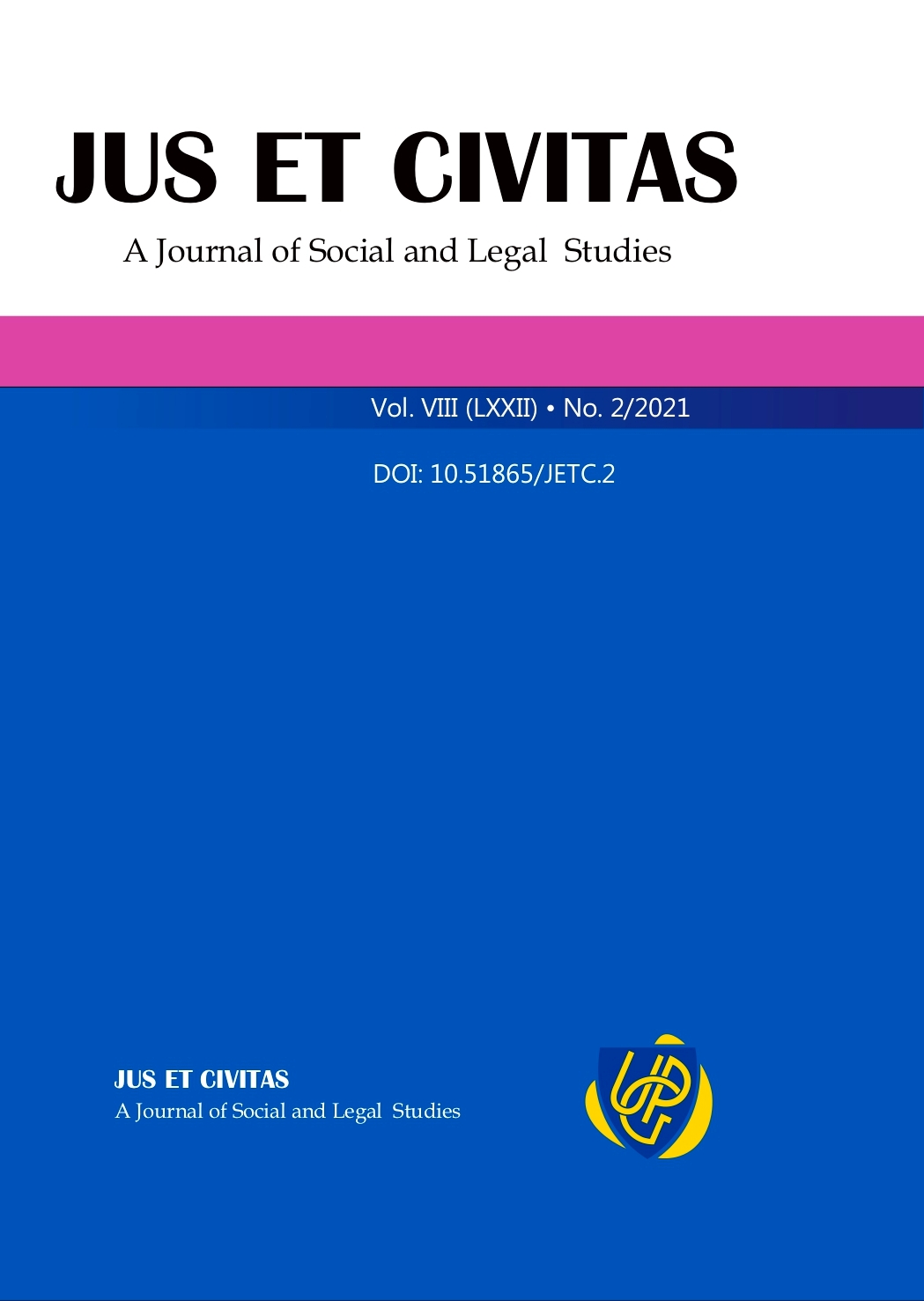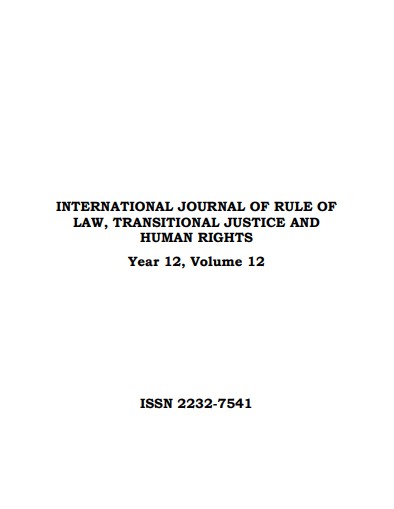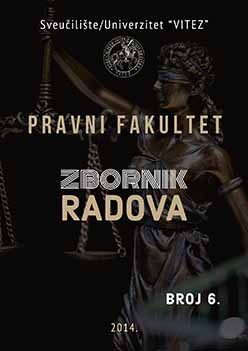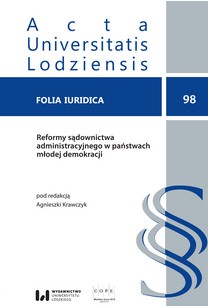Gender mainstreaming w ustawodawstwie francuskim. Podstawy konstytucyjne i wybrane przykłady
In comparison to other European states, the French Republic stands out with its particular care for giving women an equal position in politics at the central and local levels, as well as in other areas, e.g. in management of big corporations and in public administration. The path to legislative amendments aiming to create more favorable conditions for French women’s participation in political and social life was paved by the 1999 amendments to the Constitution, supplemented on 6 June 2000 and then further developed on 23 July 2008. The constitutional amendments were forced by the Constitutional Council, which many times held laws strengthening the position of women in elections as incompatible to the principle of equality. The systemic foundations for application of gender mainstreaming in France were finally reflected in Article 1 of the Constitution of the Fifth Republic, which stipulates: ‘Statutes shall promote equal access by women and men to elective offices and posts as well as to professional and social positions’. The latest manifestation of this promotion is the reform of the ‘education code’, including among others the areas of higher education and science, which reform was preceded by the conclusion of ‘covenants’: social agreements between the most important trade unions and organizations associating academics and personnel of higher education with the ministers for women’s affairs and for higher education and research which provided for strengthening women’s position in the sector’s management. Introducing gender parity in this area is a pioneer move on a worldwide scale and is motivated mainly by the disparity between the percentage of women who complete higher education, undertake doctoral studies and are employed in lower ranks of the professional hierarchy and participate in their bodies which decide about e.g. granting academic degrees, universities’ management or accreditation.
More...
